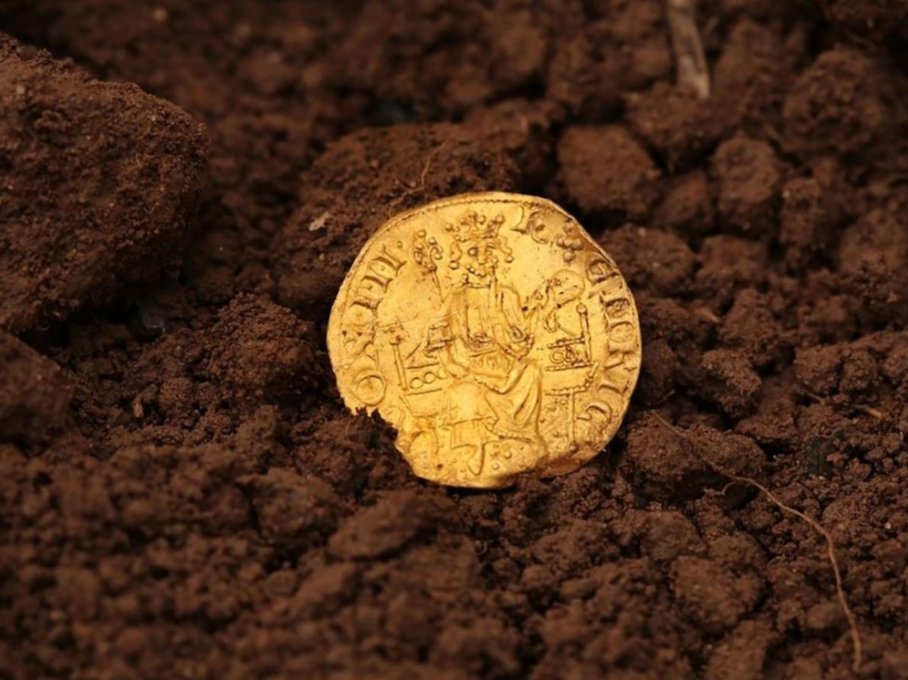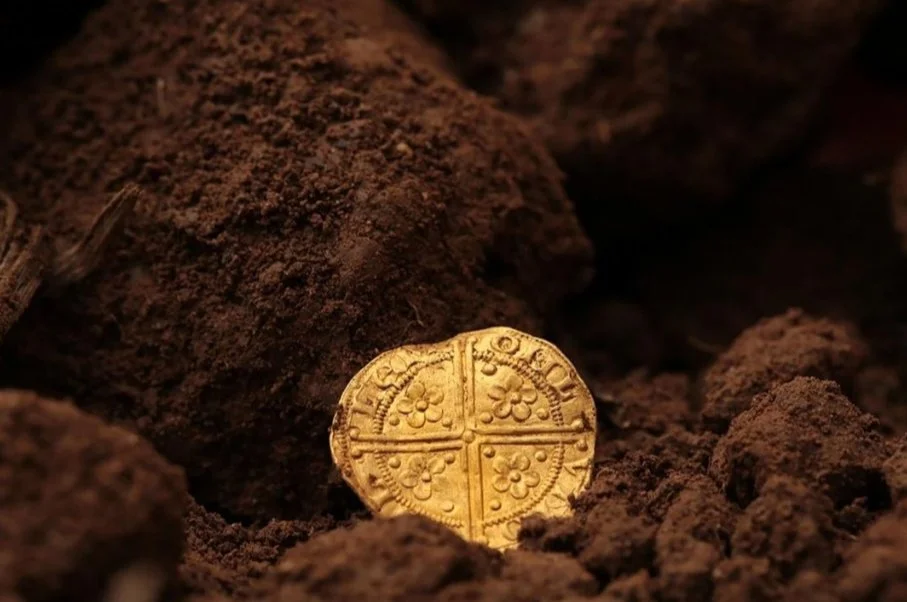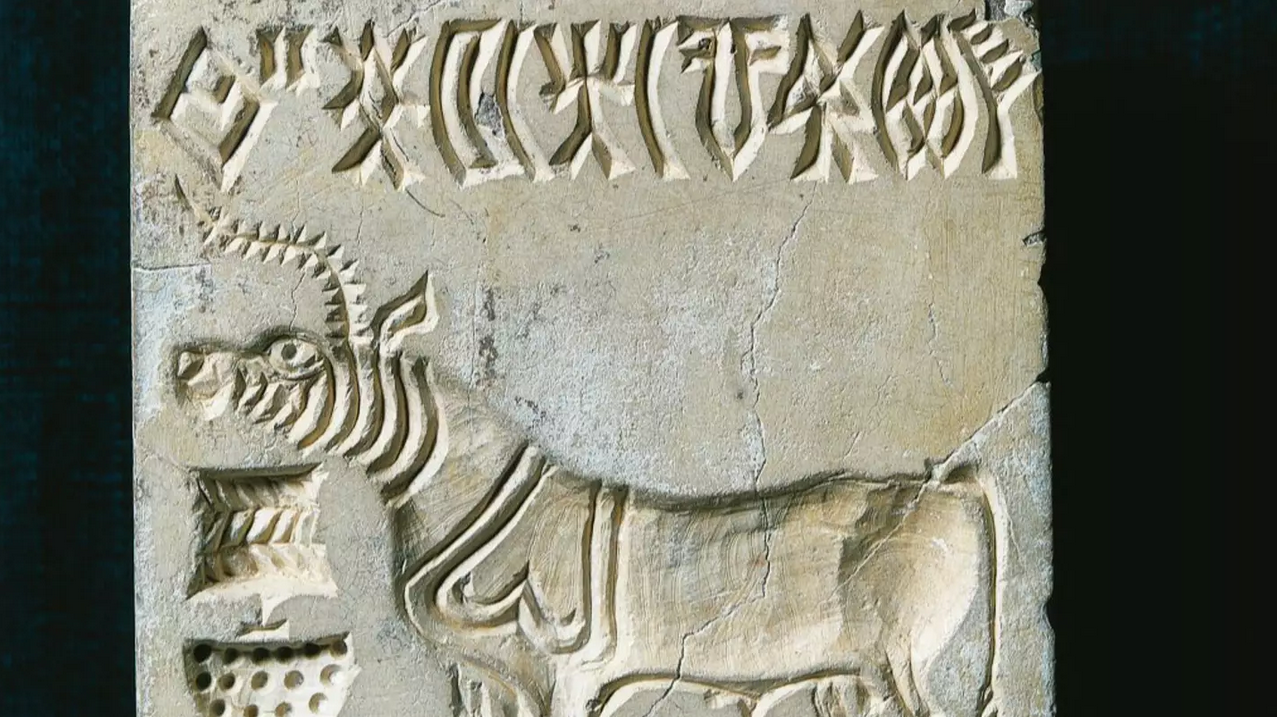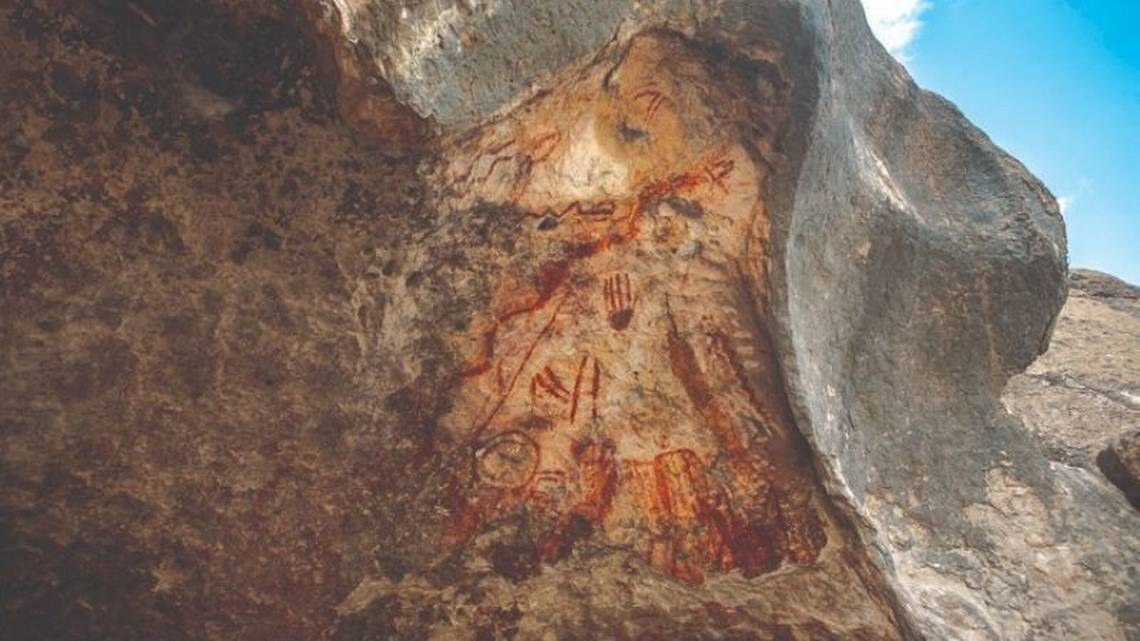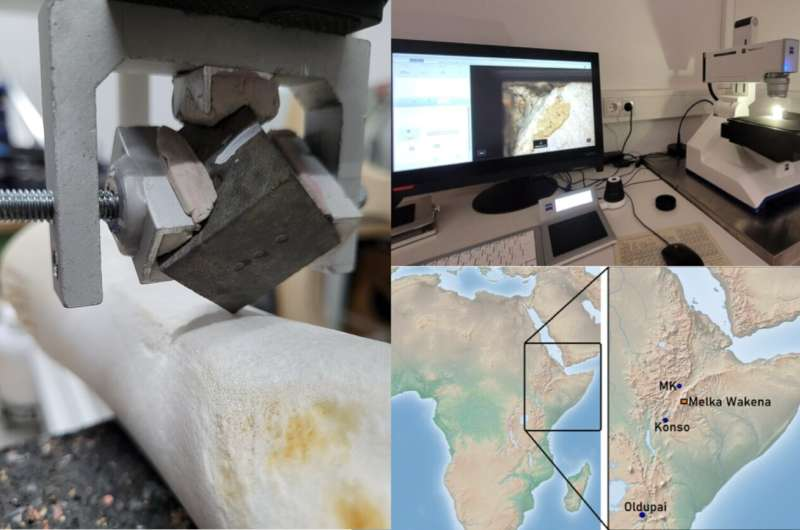An amateur metal detectorist unearthed a rare medieval 800-year-old Henry III gold coin on farmland in Devon, England with Coin experts speculating that the penny could sell for around $546,000 at an online auction set for January 23.
Minted around 1257, the nearly one-inch coin depicts the English king, who ruled from 1216 to 1272, sitting on an ornate throne while holding an orb and scepter. It is considered by experts to be one of the earliest gold coins found in England; only seven other coins of this type are known to exist.
The other surviving Henry III gold pennies are at the British Museum in London, Fitzwilliam Museum in Cambridge and in private collections, reports Alexandra Markovich for the U.S. Sun.
The finder, an ecologist who chose to remain anonymous, didn’t realize the coin was so valuable, but he posted a photo of it on Facebook, where a specialist spotted it. “I just happened to see it there and I got in touch to tell him he had to get it assessed,” Gregory Edmund, an auctioneer at Spink & Son, which is conducting the sale, tells the Times.
The ecologist says he was working on a farm field in the town of Hemyock—about 150 miles southwest of London—when his metal detector started pinging, per the Times. He soon realized the significance of his discovery.
According to the Times, around 1240, Henry III proclaimed payments to the crown be made in gold rather than silver to fund foreign wars. The pennies were minted around 1257 by William of Gloucester with gold from North Africa, writes David Carpenter, professor of medieval history at King’s College London, in the Spink & Son’s catalog.
Auctioneer Spink & Son placed the presale estimate for the coin at $546,000. Last year, another Henry III gold penny sold for $720,000 at an auction in Dallas, Texas, to an unnamed bidder, per This Is Money.
Often, the United Kingdom takes possession of antiquities discovered by civilians, offering them a portion of proceeds from the sale to interested British museums. However, under the Treasure Act of 1996, the finder can keep and sell the artifact if it is not believed to be part of a larger trove of items, reports CNN Style.

